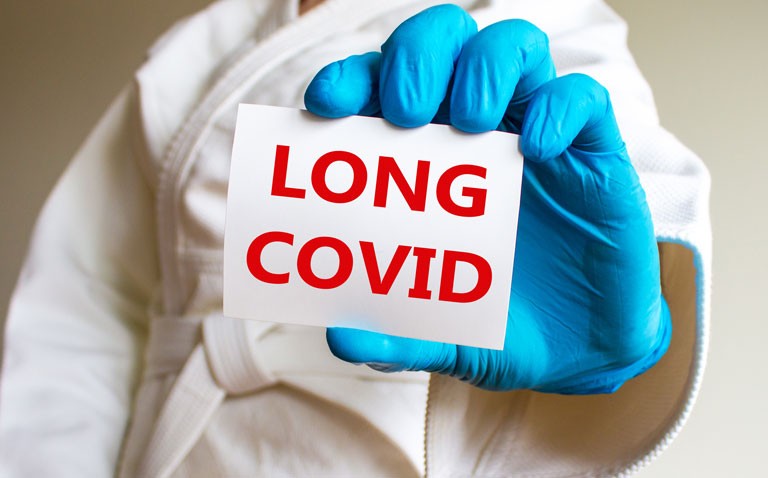Data from the COVID symptom study shows that full vaccination leads to a reduced risk of continued symptoms (i.e., long COVID).
Full vaccination against COVID-19 has led to reductions in the proportion of patients experiencing severe disease requiring hospitalisation although despite full vaccination, breakthrough infections are known to occur. It is necessary therefore to both identify and protect individuals who might be at a greater risk of re-infection after full vaccination. However, little is known about the potential risk factors for re-infection and whether or not full vaccination might reduce the incidence of persistent symptoms or long COVID.
Using data collected from the COVID Symptom Study, which is a prospective, community-based study based on self-reported data, researchers analysed the results from two patient cohorts. The first group were those who tested positive for COVID-19 at least 14 days after their first vaccination, but before their second (case group 1) and those who tested positive at least 7 days after their second vaccination dose (case group 2). The team included two match-controlled control groups, which were those with a negative COVID-19 test result during the same time-frame for the case 1 and 2 cohorts. In order to analyse the disease profiles associated with an increased risk of re-infection, the researchers selected sub-cohorts from cases 1 and 2, who continued using the app for 14 consecutive days after testing positive and again matched these to individuals who also used the app for the same period after infection but who were unvaccinated with a positive COVID-19 test result. In the analysis of risk factors and post-vaccination infection, adjustments were made for age, body mass index and sex.
Findings
There were 1,240,009 users who reported a first vaccine dose and of whom, 6030 (0.5%) subsequently tested positive for COVID-19 (case group 1). This compared with 971,504 who had received full vaccination and of whom, 2370 (0.2%) tested positive (case 2). Both groups were equally matched, with a mean age of 50.2 years and were predominately female (62.5%).
In the risk factor analysis, frailty was significantly associated with post-vaccination infection in older adults (odds ratio, OR = 1.93, 95% CI 1.50 – 2.48, p < 0.0001) and among individuals from highly deprived areas, (OR = 1.11, 95% CI 1.01 – 1.23, p = 0.039). Additionally, in older adults who received only a single vaccination, kidney disease (OR = 1.95), heart disease (OR = 1.30) and lung disease (OR = 1.27) were all significantly associated with post-vaccination infection. Interestingly, there was a significant reduction in of the risk of symptoms persisting beyond 28 days (i.e., long COVID) among those who were fully vaccinated (OR = 0.51, 95% CI 0.32 – 0.82, p = 0.006).
Commenting on their findings, the authors suggested that the data appeared to indicate that among those who were fully vaccinated, the risk of continued symptoms or long COVID appeared to be reduced by half. They concluded however, that these findings potentially support a cautious relaxation of mitigation strategies such as social distancing given the factors associated with an increased risk of re-infection.
Citation
Antonelli M et al. Risk factors and disease profile of post-vaccination SARS-CoV-2 infection in UK users of the COVID Symptom Study app: a prospective, community-based, nested, case-control study. Lancet Infect Dis 2021










